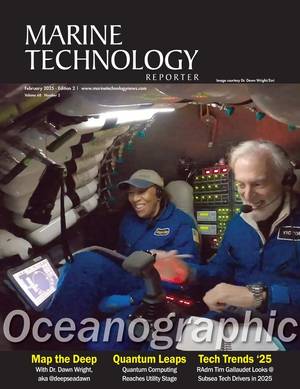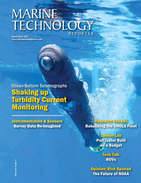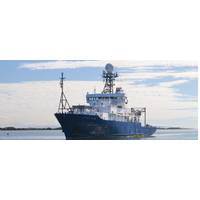
Coast Guard, Scripps Launch Blue Technology Center of Expertise
of new blue technologies into current Coast Guard capabilities.Blue technology is any technology, system or platform designed for use above, on, or below the surface of the ocean that can support or facilitate Coast Guard maritime domain awareness, search and rescue, emergency response, maritime law enforcement, marine inspections and investigations.A COE is a group of people from different disciplines who work together to increase performance and efficiency in certain areas. The Blue Technology COE will enable sharing of information between the Coast Guard and the private sector, other federal
REP16: a Global At-sea Campaign
as well as observers from Naval Undersea Warfare Center (USA), NASA (USA), and European Project H2020 JPI Oceans. For the third time in a row, the nexus of autonomous solutions is at sea to demonstrate robotic capabilities in mine countermeasures, expeditionary hydrography, search and rescue, maritime law enforcement operational scenarios, and Rapid Environmental Assessment. This will also include the demonstration of a solution regarding the operational use of SeaCon Class AUVs in combination with the Portuguese “Tridente” Class Submarines. REP16-Atlantic aims at assessing how significantly
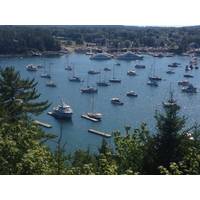
Maritime Surveillance in the New Millennium
clients, the value in the PCRP lies in the fact that it seamlessly interfaces with most modern and legacy radars and Identification Friend or Foe (IFF) systems. Following are some prime examples of how the design and customer feedback loop to a SA system creates optimal performance. Maritime Law Enforcement Information Network (MLEIN) Protecting Natural Resources Maryland’s Department of Natural Resources uses SSR Engineering’s surveillance system to protect valuable oyster beds (photo left) in the Chesapeake. Land based radars, shipboard cameras, and portable sensor systems are
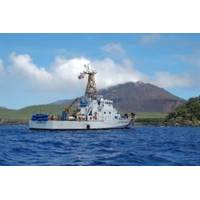
Traditional Micronesian Canoe Sinks, Students Rescued
Multiple agencies and Amver ship work together to rescue 10 from the Philippine Sea, 90 miles NE of Palau. The U.S. Coast Guard in coordination with the Republic of Palau Division of Maritime Law Enforcement and the Royal Australian Navy Maritime Surveillance Advisor partnered to provide assistance. The mariners in distress originated their voyage on a 60-foot traditional sailing canoe traveling from Palau to the outer islands of Yap State in the Federated States of Micronesia. The vessel had ten crewmembers onboard, including students from the Palau Community College; Palauan, Japanese, and US
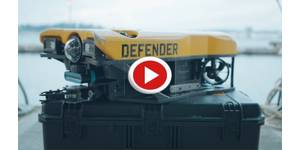

 February 2025
February 2025
